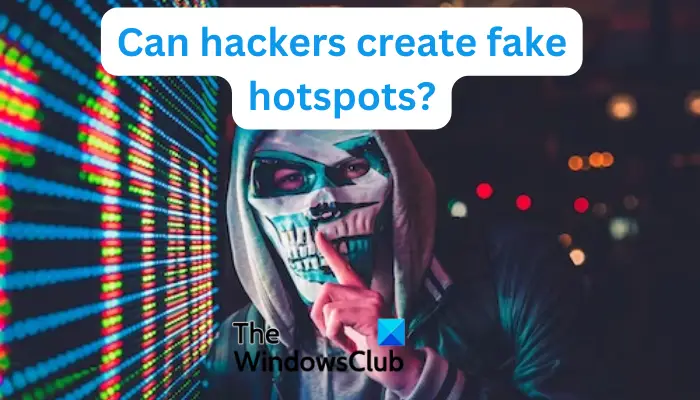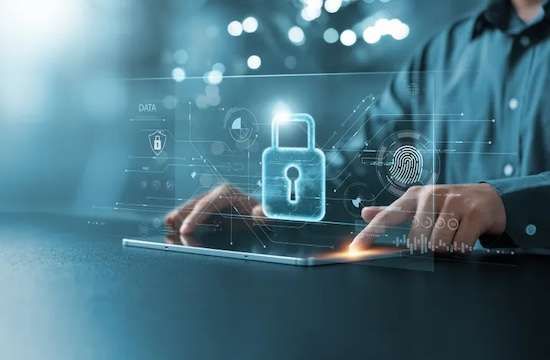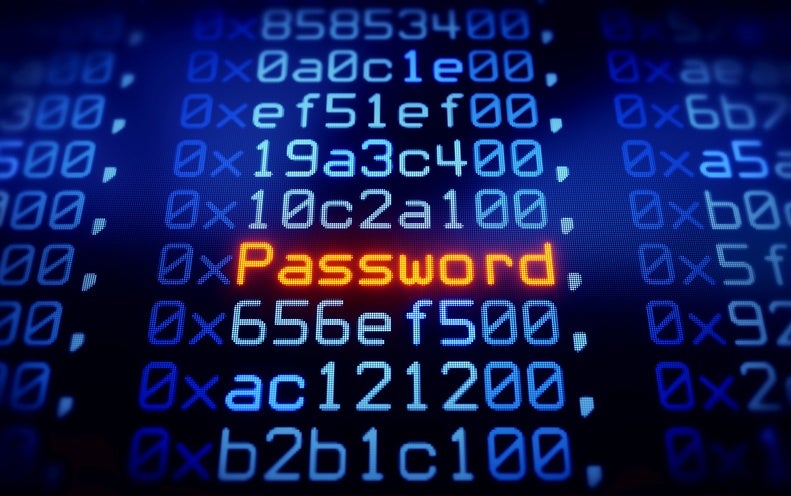Can hackers create fake Hotspots?
The demand for the Internet can lead some users anywhere they can access Internet hotspots. But, can hackers create fake hotspots? In this article, we will answer this question and explain how Internet users can prevent themselves from being vulnerable to fake and public hotspots. We will also give you tips on how you can identify fake hotspots.

Criminals and malicious hackers can take advantage of loopholes in the internet industry to get access to people’s privacy and undertake unwarranted cyber crimes. Internet users need to know how to engage while using public or even private Wi-Fi hotspots and still be safe always. Let us explore this part of cyber security and see ways to evade online predators who use hotspots to dupe users unknowingly.
What is a fake hotspot and how can you identify it?
A fake hotspot is a malicious wireless network that hackers can use to lure users into clicking or downloading malware into their smartphones or computers. These hotspots are usually around public places like coffee shops, airports, bus terminals, etc. They are set and seem to be legitimate which makes some users fall victim.
To identify a fake hotspot, check its name first and see how ‘real’ it looks. If it has some like ‘Free Wi-Fi, Free hotspot, or any name that doesn’t represent any business or establishment around where you are, then that might be a fake hotspot. Another way to identify a fake public Wi-Fi network is if it doesn’t require a password to access it. Most businesses offer passwords to their customers to access their hotspots.
Fake hotspots, fake public Wi-Fi networks, or Evil Twin public hotspots have the following characteristic to help you identify them.
- They don’t have any security access codes or passwords.
- Their connection is so slow that you can’t load pages like a safer connection
- They are all free
- They have page redirects that act as bait for users to click on them.
- They imitate names that resemble those of nearby businesses, hotels, etc.
Read: Wi-Fi security when Traveling
Can hackers create fake hotspots?
Yes! Hackers can create fake hotspots to get into your devices and steal crucial information like credit card details, steal passwords, conversations, etc….


